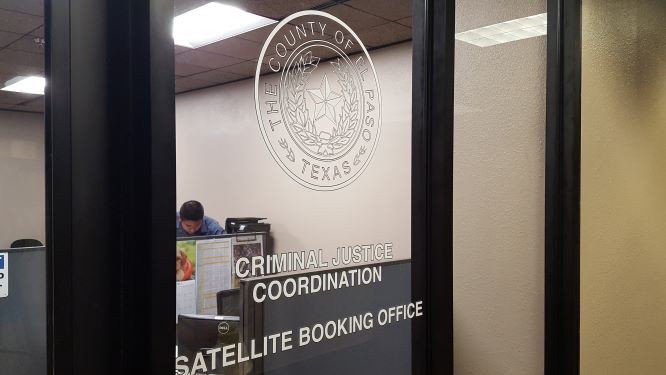2020 Crown Communities winner: El Paso County, Texas’ pretrial justice modernization
Since 2015, El Paso County, Texas, has undertaken a massive modernization of its pretrial justice programs. This overhaul consists of eight reforms, each of which targets a different part of the pretrial justice system. Not only are the reforms diverse; each one has had a quantifiable impact on El Paso County’s justice system.
The county won its 2020 Crown Communities Award largely based on reforms 5, 6 and 8, which were implemented or completed during the June 2019 and December 2020 awards period. However, other reforms are ongoing and continue to be implemented in the county. Moreover, the newer initiatives are especially impressive when considered as the latest set of reforms in a long line of modernizations that have taken place over the last six years.
The county’s first reform was an implementation of a new pretrial services program called Criminal Justice Coordination (CJC), as well as a 24-hour jail magistrates program in 2015. In 2017 as its second reform, the El Paso County Council of Judges revoked fixed money bond schedules that presented potential legal challenges and negatively affected jail outcomes.
For the third reform, El Paso County hire two internal researchers to validate the county’s pretrial risk assessment instrument in 2018. The researchers then created a new risk assessment and an implementation tool to improve the classification of defendants. In 2016, the fourth reform saw the county begin to implement strategic judicial metrics to measure courts and compare outcomes with goals set by the National Center of State Courts.
For the county’s fifth reform, El Paso County began implementing strategic research analysis to address its need of complex data analytics. The county hired consultants to research local recidivism between 2016 and 2019, and the consultants discovered that jail time may aggravate recidivism. Due to its data analytics, the county can explore differences in defendants’ attributes based on bond type. The county has also used its data analytics to monitor positive COVID-19 cases within its jails, and findings from the county’s reports have been able to assist judges.
The county’s sixth reform, implemented in April 2020, was created through coordination and collaboration between several county departments. This reform is the county’s 48-Hour Bond Project, which guarantees defendants a full adversarial bond hearing within 48 hours of an arrest. Previously, the hearing could take weeks in some circumstances. Being implemented during the pandemic, the project involved video hearings seven days a week, video pretrial interviews and customized communications solutions. Even still, the project has been significantly under budget.
Funding for the seventh reform, a jail re-entry program, was approved in 2017. The El Paso County Sheriff’s Office has delegated space for 72 volunteer inmates to participate in the program, which involves the county partnering with several non-profits in preparing inmates for release and continuous service.
The eighth reform in El Paso County’s pretrial justice modernization is the implementation of arrest diversion programs. In 2019, the City of El Paso implemented a crisis intervention team (CIT) that imbedded an integrated mental health support team to help El Paso Police officers identify and divert individuals to appropriate treatment rather than being arrested. Over 200 officers have also been trained in crisis intervention.
In turn, the El Paso County Commissioners Court approved funding to expand this program to the El Paso County Sheriff’s Department. In the 2020 fiscal year, the CIT provided services to about 258 individuals a month, which resulted in 2,816 diversion opportunities from incarceration and emergency services.
Click here to view all six winners of American City & County’s 2020 Crown Communities Awards.




















